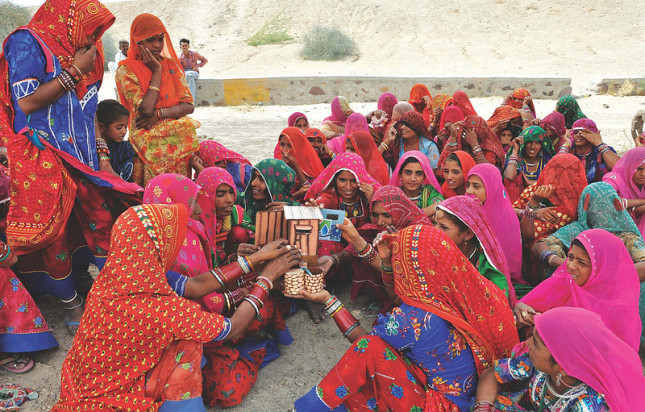-
Women Are the Secret Weapon for Better Water Management
December 11, 2018 By Wilson Center Staff
In the 1980s, the government of Malawi began providing piped water to low-income households in 50 districts, establishing community-run tap committees to collect bills and manage systems. Men made up 90 percent of committee memberships—and problems quickly became apparent.
The men were often away from home, while women were the ones actually using and managing water day-to-day. Over the years, the tap committees failed to collect payments, manage their money or retain membership. To salvage the project, the government recruited women into the tap committees and trained them. Once women made up the majority of members, they paid water bills more reliably, held regular meetings with high attendance rates, and redesigned communal taps to be more user-friendly. The result was that nearly 24,000 low-income families across Malawi gained access to reliable water supplies.
This story is hardly unique: A growing body of evidence shows that water projects can become more effective when women participate. Yet women’s representation in the overall water, sanitation and hygiene (WASH) sector is dismal, from community water groups like the ones in Malawi to the national policy level. In 2014, women made up less than 17 percent of the WASH labor force in developing countries. They were particularly underrepresented in technical jobs such as engineers and hydro-geologists, and in leadership roles such as policymakers, regulators and managers.
In an increasingly water-stressed world, many countries and regions face the risk of political instability or conflict over water. For this reason, women’s lack of involvement in the water sector is troubling not only for gender equity, but for peace and security as well.
Continue reading on the World Resources Institute website.
Sources: Gender Links, The International Water Association, United Nations, Water Science, World Resources Institute
Photo Credit: Women led training exercise on water and sanitation in Rajasthan, March 2014. Courtesy of UN Women Asia and the Pacific.
 A Publication of the Stimson Center.
A Publication of the Stimson Center.



